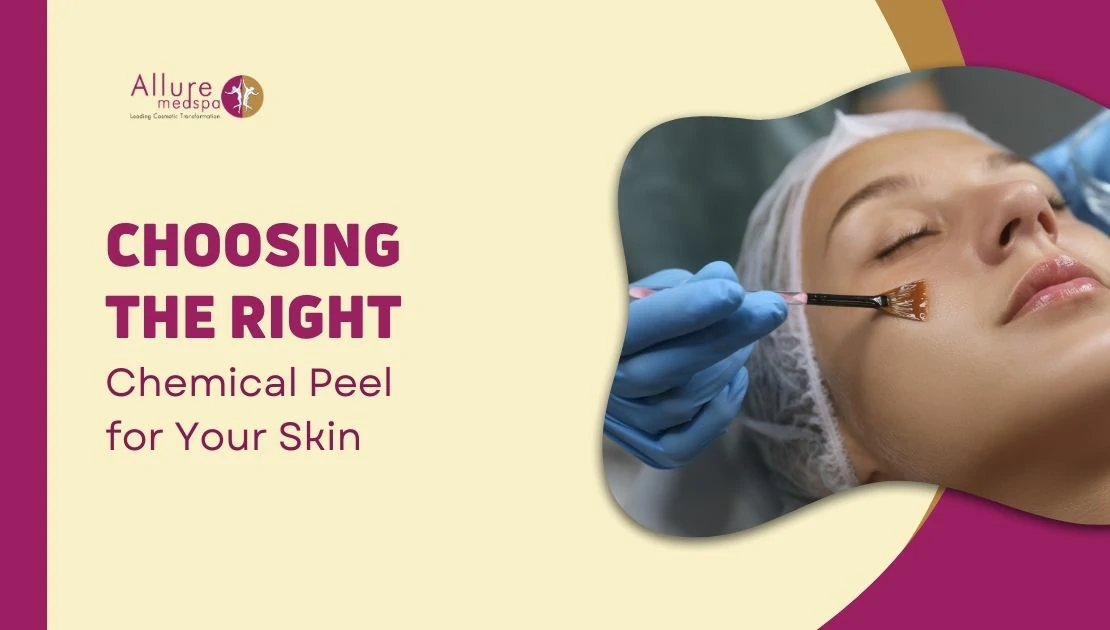Liposuction for Men vs Women: Key Differences, Prep & Recovery
Liposuction removes stubborn fat that resists diet and exercise. While the core technique is similar, men and women differ in fat distribution, skin characteristics, muscle definition, and aesthetic goals. Understanding these differences helps set expectations and optimize results.
- 1. Body Fat Distribution
- 2. Skin Thickness & Elasticity
- 3. Muscle Mass Considerations
- 4. Recovery & Post-Operative Care
- 5. Preparation for Liposuction
- 6. Liposuction Surgery: Before & After
- Conclusion
- FAQs
1. Body Fat Distribution
Men commonly carry fat in the abdomen, flanks (“love handles”), and chest. Treatment often targets these areas to create a more athletic, tapered look.
Women more often store fat in the hips, thighs, and buttocks. Liposuction focuses on these regions to refine curves and a feminine silhouette.
Interesting fact: male liposuction frequently addresses gynecomastia (enlarged male breasts), while women often prioritize lower-body contouring.
2. Skin Thickness & Elasticity
- Men: Thicker, more fibrous skin can make fat removal slightly more challenging.
- Women: Softer, more elastic skin often allows smoother contouring after surgery.
Technique note (often used for men): Power-assisted liposuction (PAL) or ultrasound-assisted liposuction (UAL) can help efficiently break up denser fat.
3. Muscle Mass Considerations
- Higher muscle mass in men may shift goals toward abdominal etching (highlighting six-pack definition) and chest sculpting.
- Liposuction can be combined with fat transfer (e.g., to the pectoral region) or tummy tuck for tailored refinement.
- Emphasis is placed on preserving natural muscle definition while removing fat.
4. Recovery & Post-Operative Care
Recovery can vary based on areas treated and technique:
- Men: May experience slightly longer downtime if larger volumes are removed or combined procedures are performed.
- Women: Often heal quickly due to higher skin elasticity (individual results vary).
General Recovery Tips
- Wear a compression garment as instructed to reduce swelling and support new contours.
- Avoid strenuous activity for 4–6 weeks; resume light activity as advised by your surgeon.
- Maintain a balanced diet and adequate hydration to support healing.
5. Preparation for Liposuction
- Consultation: Discuss goals, options, and expectations with a qualified cosmetic surgeon.
- Medical evaluation: Confirm candidacy and review health history and medications.
- Lifestyle: Prioritize sleep, nutrition, and regular activity leading up to surgery.
- Medication management: Avoid blood-thinning drugs (e.g., aspirin, ibuprofen) for ~2 weeks pre-op, as directed.
Pro tip: Stop smoking 4–6 weeks before and after surgery—nicotine impairs healing.
6. Liposuction Surgery: Before & After
Insert your Before/After gallery or carousel here.
Conclusion
At Allure MedSpa (Mumbai), Dr. Milan Doshi customizes liposuction for the distinct needs of men and women—whether refining abdominal contours, eliminating love handles, or addressing gynecomastia. Our goal is safe, effective, natural-looking results.
🌍 Virtual consultations available—get expert guidance from home. Schedule your consultation today!
Frequently Asked Questions
Q1. Is liposuction equally effective for men and women?
Ans. Yes. The procedure is effective for both; target areas and techniques may vary based on anatomy and goals.
Q2. Can liposuction address gynecomastia in men?
Ans. Yes. Liposuction (often with gland removal) treats gynecomastia to achieve a flatter, more masculine chest.
Q3. Are the risks different for men and women?
Ans. Core risks are similar. Skin elasticity, fat density, and muscle mass can influence complexity and recovery.
Q4. How long does recovery take?
Ans. Many resume light activity in a few days; full recovery generally takes 4–6 weeks, depending on the extent of treatment.
Q5. Will results last permanently?
Ans. Removed fat cells are gone permanently. Maintaining a healthy lifestyle helps preserve your new shape.








